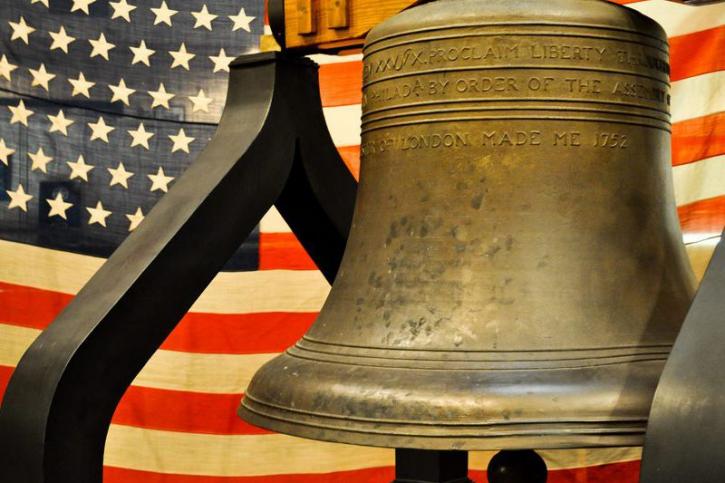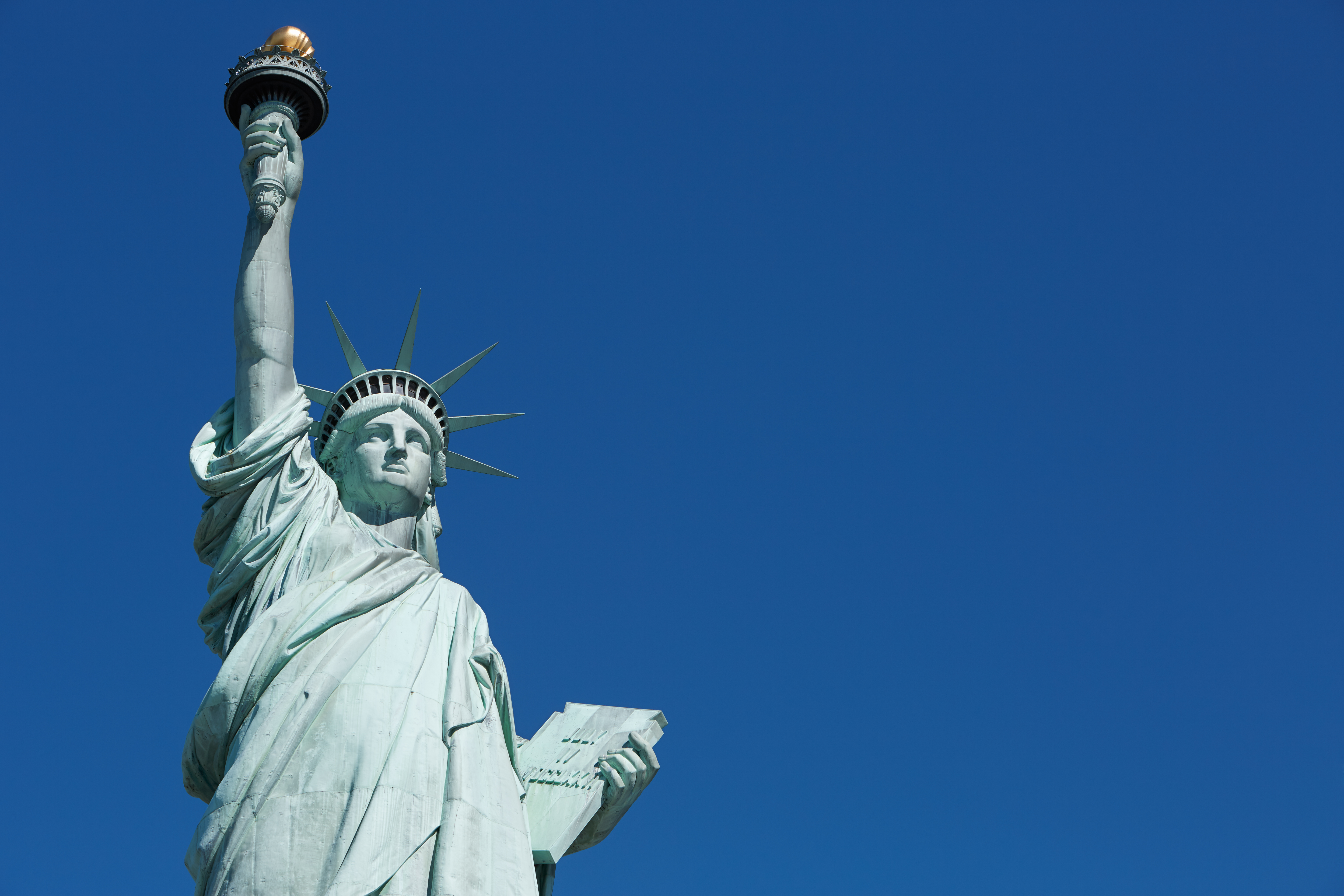Liberty is a subject near and dear to our hearts here at Liberty Electronics. Last time, we talked a little about the start of American liberty, but what exactly is liberty? Perhaps equally important – what is it not? Join us again today as we continue to explore our “great experiment for promoting human happiness.”
Last time we talked about American liberty, we heard from courageous people who spoke out against twisted liberty that was harming others. In this installment, we will hear from first-hand sources how difficult it was to obtain and keep the genuine liberty that has had such a profound impact on human happiness. In this installment, we’ll go back to America’s earliest days and briefly touch on the cost that has been paid for this “great experiment” of ours.
William Bradford, one of the first pilgrims to the New World and the governor of the Plymouth Colony, wrote that “All great and honorable actions are accompanied with great difficulties, and both must be enterprised and overcome with answerable courage.” William Bradford should know. In his quest for liberty, he and his fellow pilgrims suffered from hunger, disease, and exposure. Sadly, by the end of the first winter in the harsh wilderness of the New World, half the colony, including his wife, had perished.
John Adams, one of our founding fathers and the second president of the United States, understood the high price that early Americans paid. He reminds us, “Liberty must at all hazards be supported. We have a right to it, derived from our Maker. But if we had not, our fathers have earned and bought it for us, at the expense of their ease, their estates, their pleasure, and their blood.” Another founding father and the third president of the United States, Thomas Jefferson, warned, “We are not to expect to be translated from despotism to liberty in a featherbed.”
The founders pledged their lives, fortunes, and sacred honor for the cause of liberty. As the old adage reads, “all gave some, and some gave all.” Their lives were certainly on the line. Benjamin Franklin warned the other signers of the Declaration of Independence, “We must all hang together, or most assuredly, we will all hang separately.” Thomas Paine, an American patriot and author, summed it up when he wrote, “THESE are the times that try men’s souls.” The trials and suffering at places like Trenton, Valley Forge, and Camden vividly illustrate his point.
A particularly poignant comment from the Revolutionary Era speaks to the debt owed by posterity to those who came before them. A printer, ironically named William Bradford, left his business, fought, and was wounded in the War for Independence. His dying words to his children: “Though I bequeath you no estate, I leave you in the enjoyment of liberty.”
And speaking of poignant, it is hard to think of an example more moving than that of Sullivan Ballou’s letter to his wife before the First Battle of Bull Run in the Civil War. From his letter:
“My very dear Sarah: The indications are very strong that we shall move in a few days — perhaps tomorrow. Lest I should not be able to write again, I feel impelled to write a few lines that may fall under your eye when I shall be no more…. I have no misgivings about, or lack of confidence in the cause in which I am engaged, and my courage does not halt or falter. I know how strongly American Civilization now leans on the triumph of the Government and how great a debt we owe to those who went before us through the blood and sufferings of the Revolution. And I am willing — perfectly willing — to lay down all my joys in this life, to help maintain this Government, and to pay that debt.”
Sullivan Ballou was killed in action for the cause of liberty one week later.
At Liberty Electronics, we’re mindful of the high price that has been paid and continues to be paid for freedom, and the debt that is owed to these brave men and women. We’re grateful to be able to serve a broad range of markets, but it is a special honor to be able to serve our customers in the defense industry in the cause of liberty. If you are looking for a world-class, US-based electronic manufacturing services (EMS) contract manufacturer and would like to learn more about Liberty Electronics, we invite you to check us out.
Let freedom ring! https://libertyelectronics.com/








